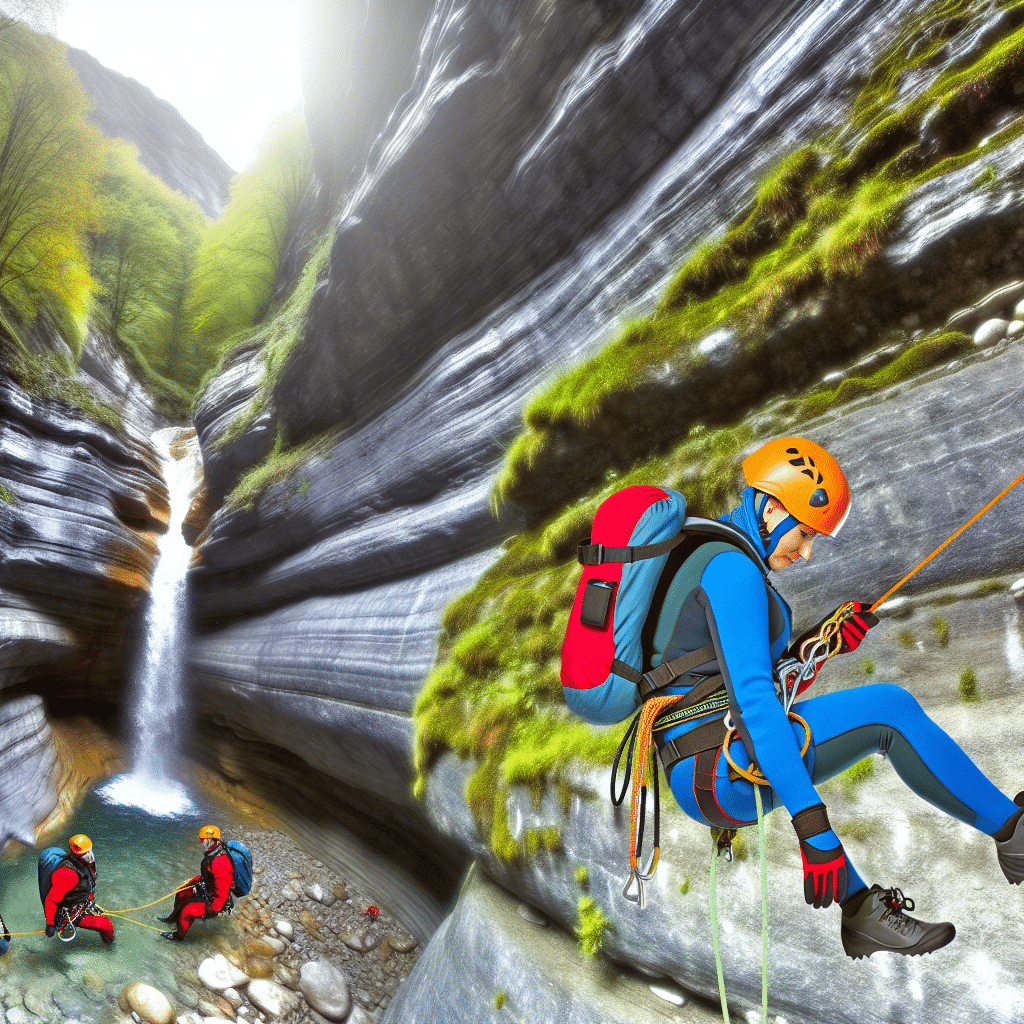Backpacking is often romanticized as the ultimate form of travel, offering an eclectic blend of freedom, adventure, and personal growth. But what does backpacking mean, really? Beyond the images of scenic landscapes and well-worn hiking boots, backpacking encapsulates a unique philosophy that goes beyond merely traveling from one destination to another. This article delves into the multifaceted world of backpacking, exploring its various dimensions from the practical to the philosophical.
Why Do People Choose Backpacking?
One of the most intriguing questions is, why do people opt for backpacking when there are seemingly more comfortable and convenient ways to travel? The answer can be boiled down to a few core motivations:
1. The Quest for Authenticity
Unlike conventional tourism, backpacking often involves venturing off the beaten path to experience a location in its raw, unfiltered form. Travelers interact more intimately with local cultures, cuisines, and landscapes, fostering a deeper understanding and appreciation of the world around them.
2. The Desire for Freedom
Backpacking offers unparalleled freedom. With just a backpack and a rough itinerary, travelers can drastically change their plans on a whim. This flexibility is often a refreshing change from the rigidity and routine of everyday life.
3. Personal Growth
For many, backpacking is a journey of self-discovery. It pushes individuals out of their comfort zones, challenging them to navigate unfamiliar territories, solve problems on the fly, and adapt to new situations. These experiences foster resilience, confidence, and a broader worldview.
What Are the Essentials of Backpacking?
So, what does backpacking mean in practical terms? At its core, it involves traveling with minimalistic essentials and living experiences that prioritize immersion over luxury. Here are some key components:
1. The Backpack
The backpack itself symbolizes the essence of this travel style. Usually lightweight and sturdy, it contains all the essentials: clothing, toiletries, a first aid kit, maps or a GPS, and perhaps a journal to document the journey.
2. Budgeting Skills
Backpacking is often budget-friendly. Travelers might stay in hostels, camp, or opt for couchsurfing instead of expensive hotels. Meals are often local and affordable, adding to the authentic experience.
3. Flexibility and Adaptability
Plans change, weather shifts, and unexpected opportunities arise. The ability to adapt and go with the flow is crucial for a successful backpacking experience.
Challenges of Backpacking
While backpacking offers numerous benefits, it’s not without its challenges. Understanding these can help in better preparation and setting realistic expectations.
1. Physical Strain
Hauling a backpack through various terrains can be physically demanding. A good level of fitness and proper gear are essential to mitigate this challenge.
2. Safety Concerns
Navigating unfamiliar places comes with its risks. It’s crucial to research destinations, stay informed about local customs and laws, and always have an emergency plan.
3. Mental Fatigue
Constant travel, along with the need for continual decision-making, can lead to mental exhaustion. Taking breaks, ensuring proper rest, and occasionally indulging in small luxuries can help alleviate this.
Conclusion: The True Meaning of Backpacking
So, what does backpacking mean in its entirety? It’s a form of travel, a lifestyle, and often a transformative experience. It’s about seeking authenticity, embracing freedom, and growing through challenges. While it involves practical preparation and may come with its set of hurdles, the rewards are often profound, offering insights and memories that last a lifetime.
Whether you’re a seasoned backpacker or considering your first adventure, understanding the essence of backpacking can enrich your travel experience, making each journey not just about seeing new places, but about experiencing life in its most vibrant forms.




